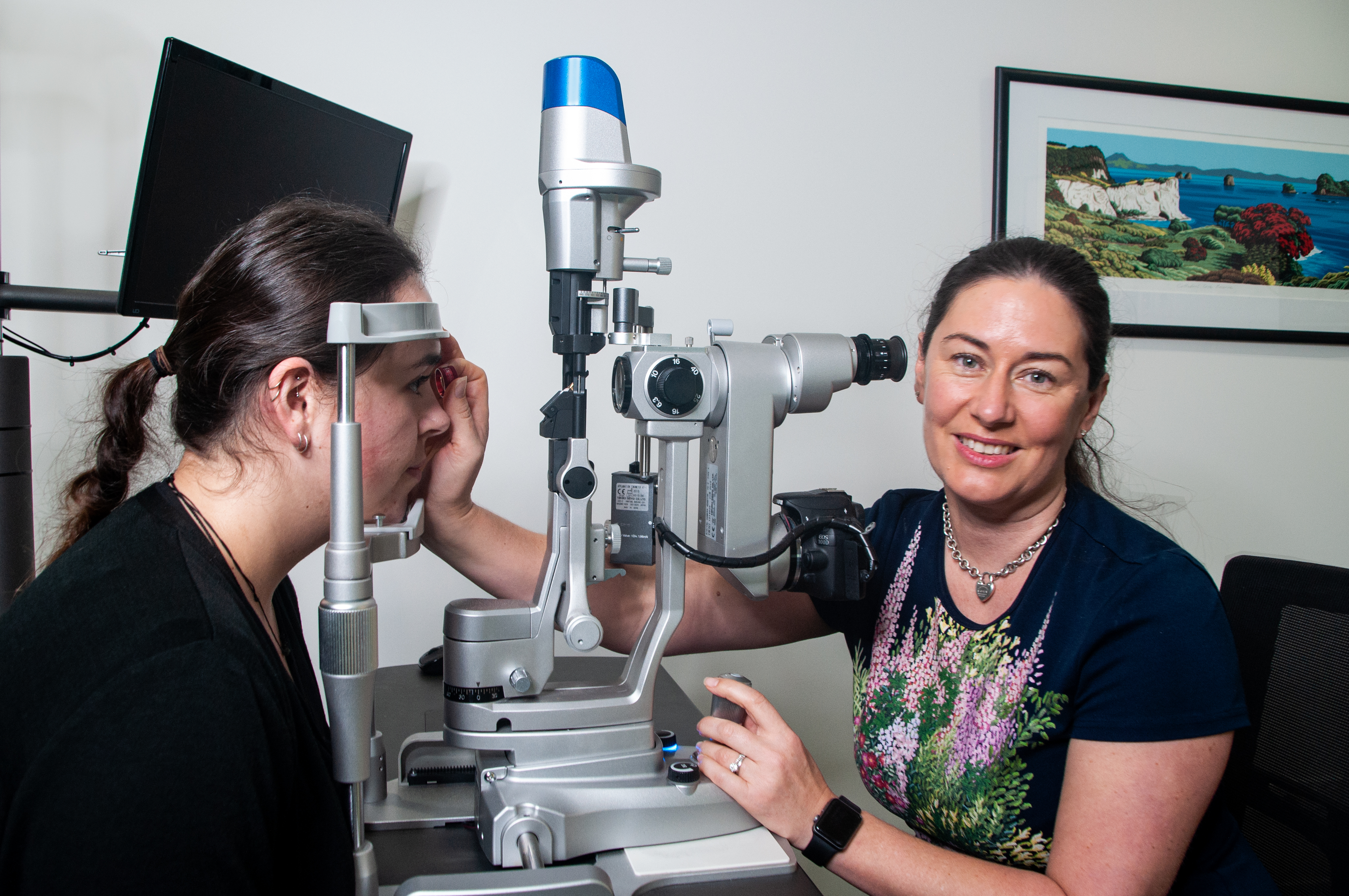Supporting New Zealanders Living with Glaucoma
Helping Kiwis navigate glaucoma with knowledge, community support, and resources that empower people to manage their vision health.

Flashes and floaters are common eye symptoms and in many cases are not cause for concern. Floaters look like small specks, dots or lines in your vision and are usually more noticeable when you are looking at something plain like the blue sky or a white wall. Flashes look like a flashing light or a lightening streak in your field of vision and it is more common to see these as you age.
As we get older our vitreous (the clear gel like substance that fills the area between the lens and the retina of the eye) starts to thicken and as a result sometimes clumps or strands form. Sometimes the vitreous can pull away from the back of the eye, which is when floaters are often seen. They are not serious and tend to go away over time.
However sudden onset of floaters, particularly multiple floaters may indicate retinal disease such as a retinal tear or even retinal detachment. Retinal detachment is a condition when the retina pulls away from it’s normal position at the back of the eye. Most of the time this does not occur as the result of trauma but is due to pre-existing factors or other eye diseases.
If you suddenly notice flashes or floaters you should have a dilated retinal examination as soon as reasonably possible. If there is a retinal tear this can be treated usually with laser and so prevent the development of a retinal detachment.

Helping Kiwis navigate glaucoma with knowledge, community support, and resources that empower people to manage their vision health.

We are delighted to celebrate a milestone for Dr Rachael Niederer, who has been promoted to Associate Professor at the University of Auckland.

Let’s explore the science and the wonder behind these tiny but powerful organs.